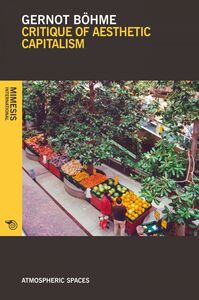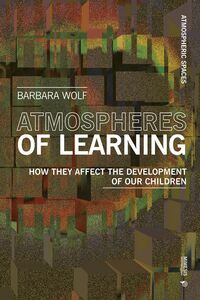
Aesthetic Economy is a theory of the recent development of capitalism in our national economies. Basic needs are easily satisfied and, as a result, most commodities are no longer intended for consumption, but for the staging of our lives. That is, they are used to produce atmospheres.
Applications of the theory are found wherever staging is performed: in commodity aesthetics, in marketing, as well as in the sphere of production. As to technology, we find a turn from useful to joyful technology. And the technology of entertainment has become a huge part of the general economy. Similarly, a further horizon of Aesthetic Economy is to be seen in the aestheticization of politics, the staging of sporting events and the management of culture.
Detalles de eBook
-
Editor
-
Original text
true -
Idioma
English -
Fecha de publicación
-
Colección
Sobre el autor
Gernot Böhme
Gernot Böhme (born 1937) studied mathematics, physics, and philosophy at Göttingen and Hamburg, and completed a PhD in 1965 at Hamburg University. As a research scientist, he worked at the Max-Planck-Institute with Carl Friedrich von Weizsäcker and Jürgen Habermas. From 1977 to 2002, he was Professor of Philosophy at Technical University of Darmstadt and, from 1997 to 2001, he was Speaker of the Graduate School Technification and Society. Today, he is Director of the Institute for Practicing Philosophy, IPPh, and Chair of the Goethe-Association/Darmstadt.



